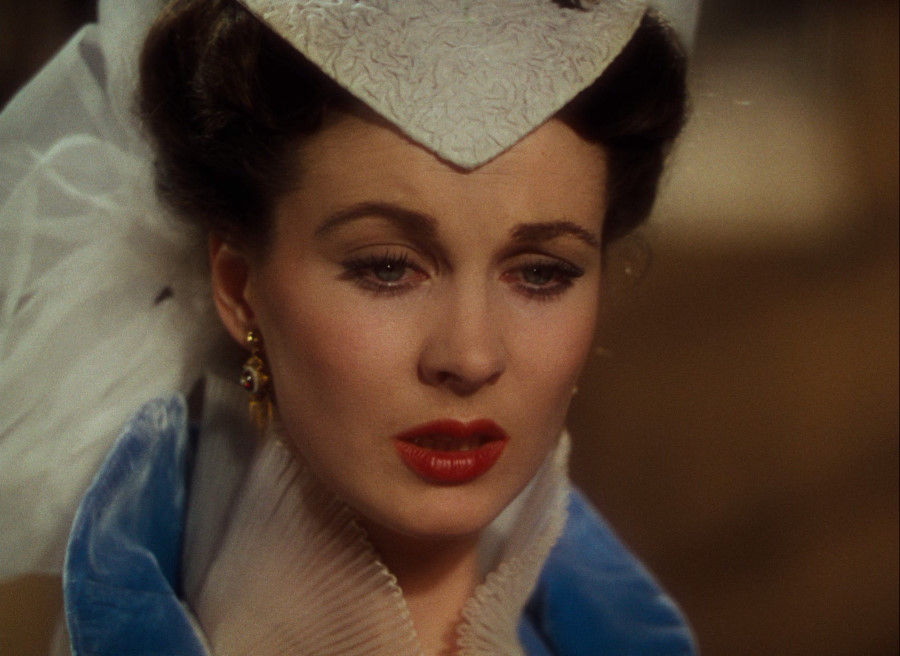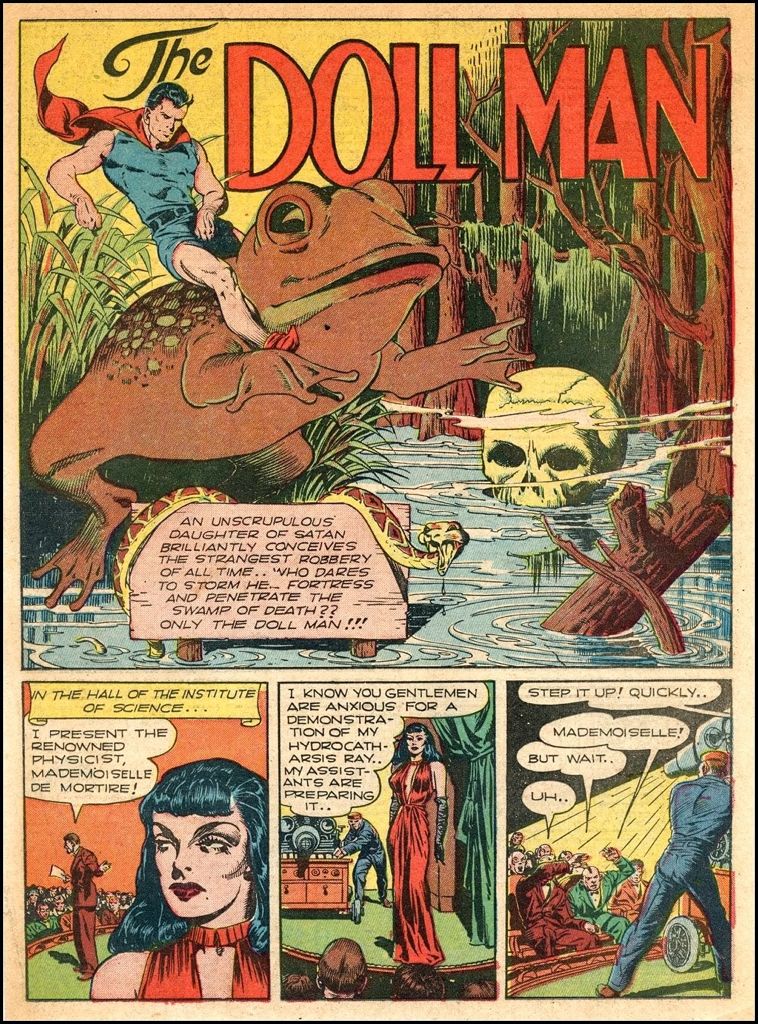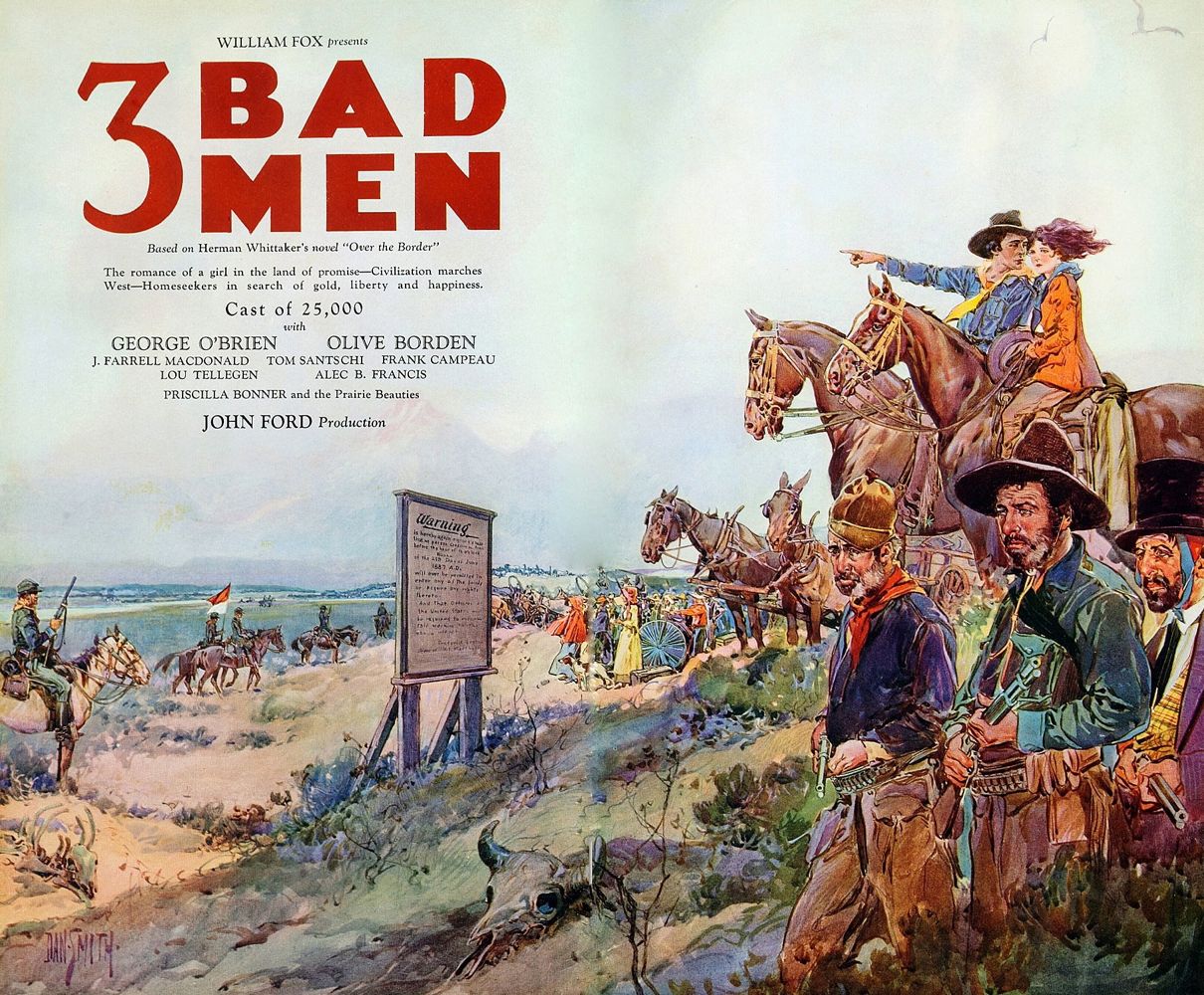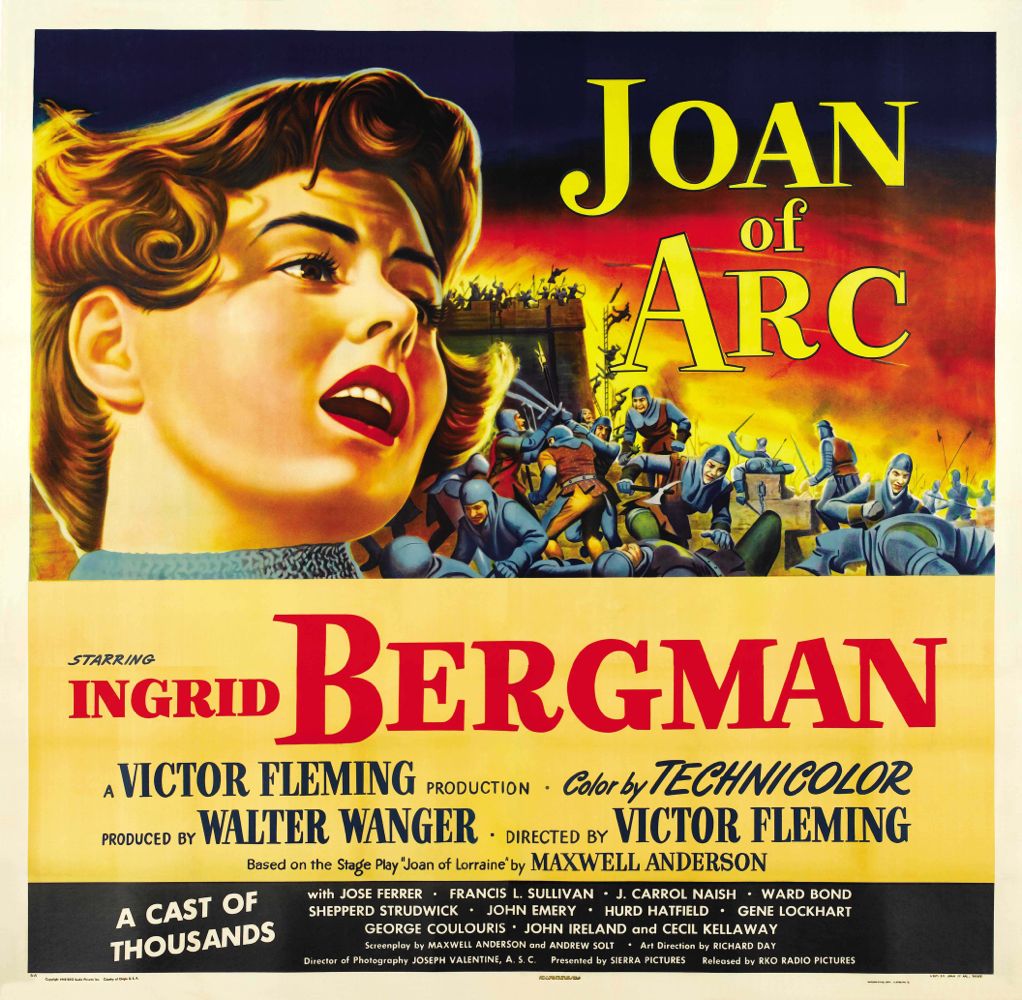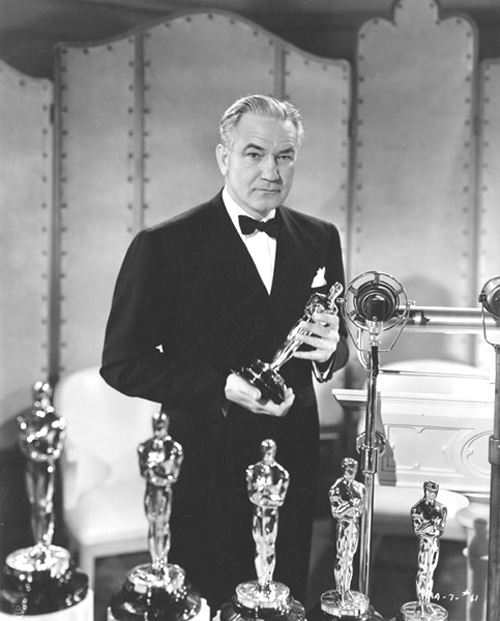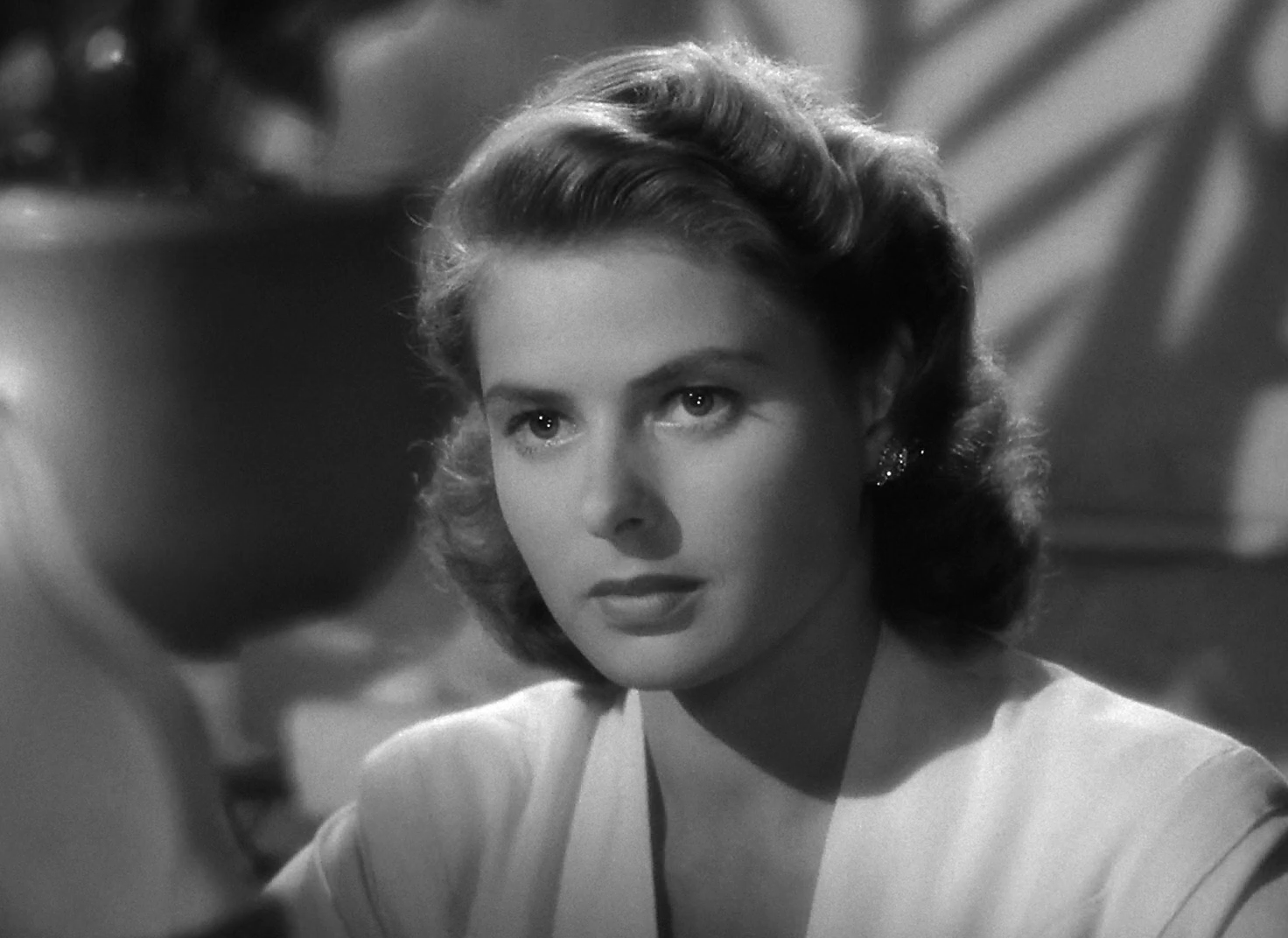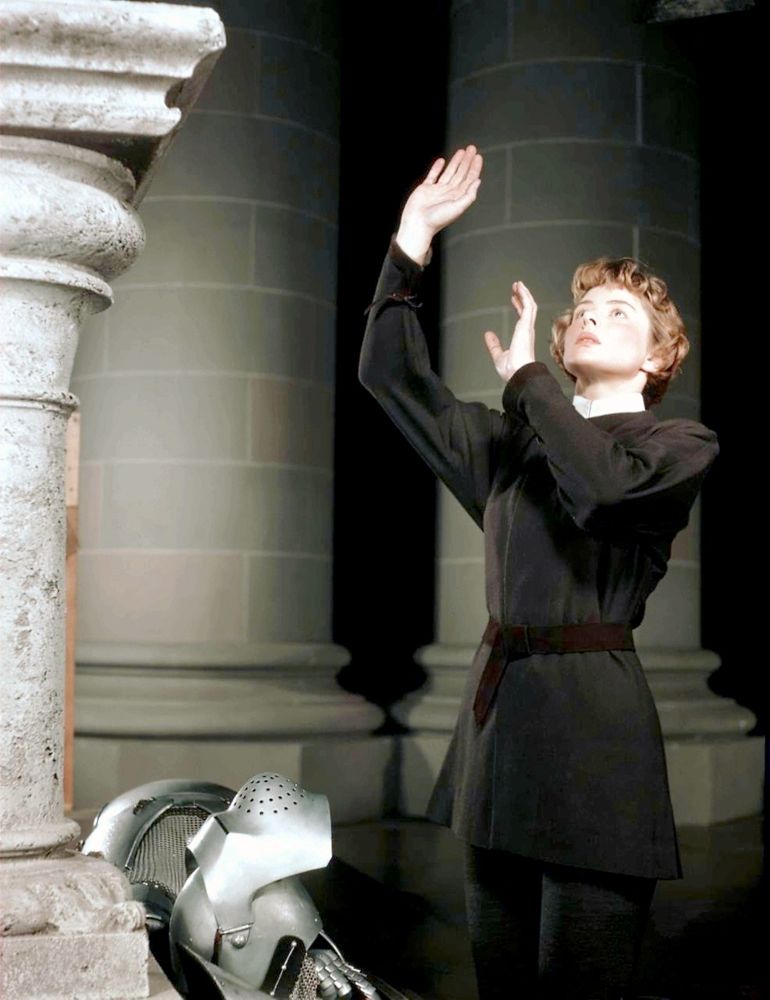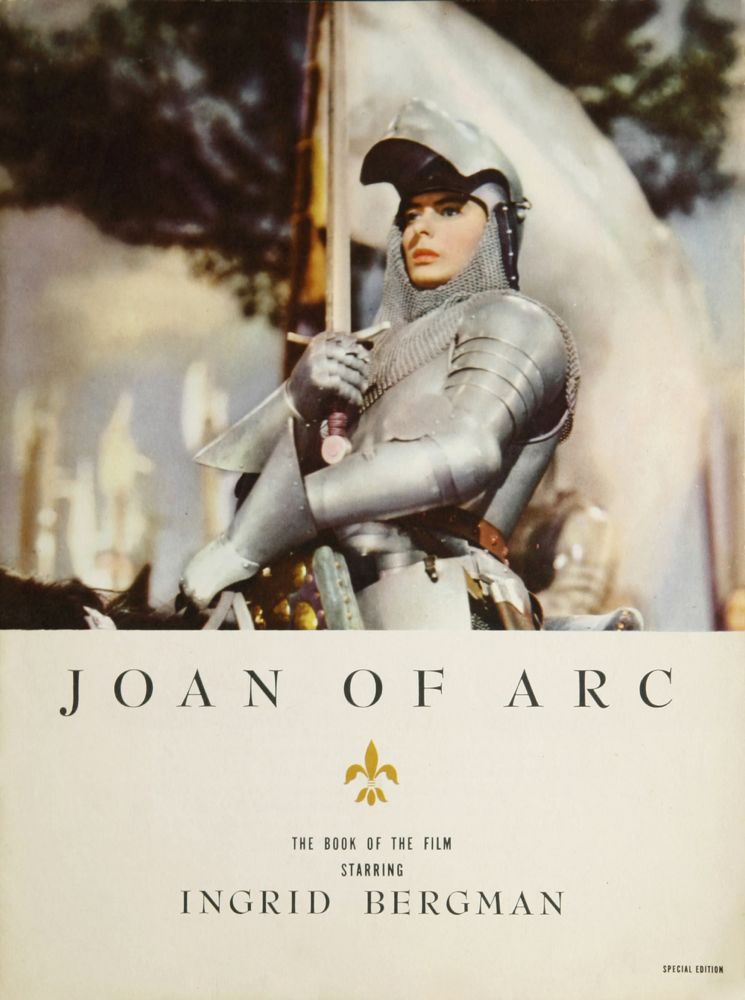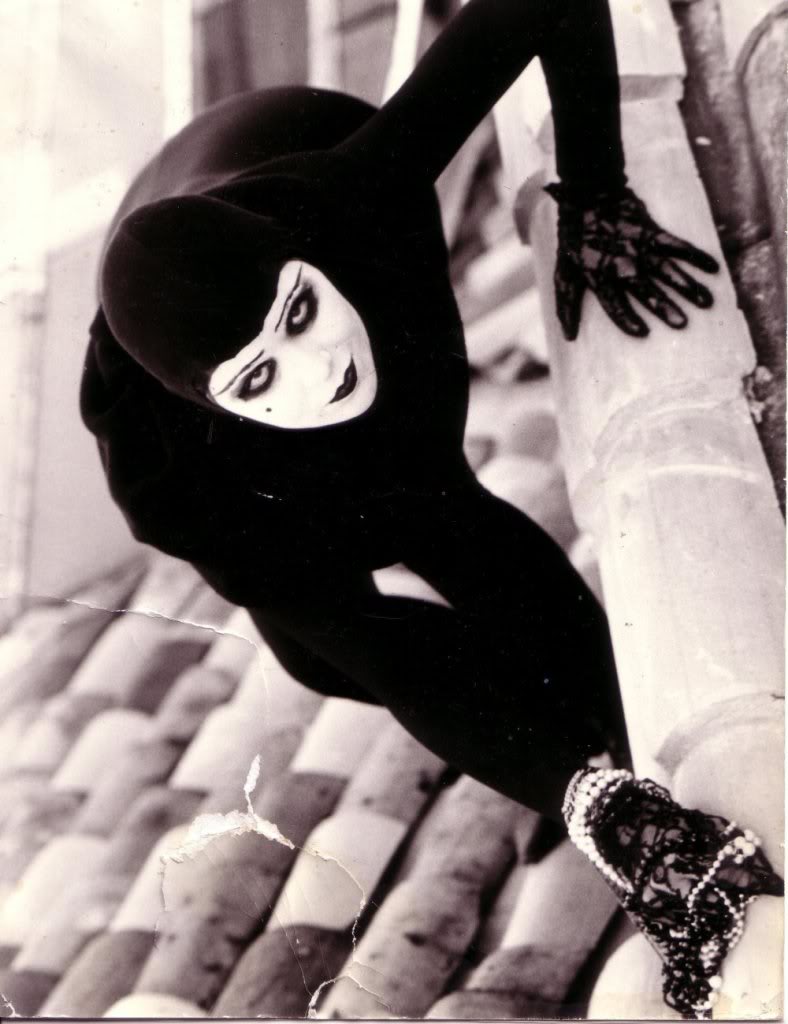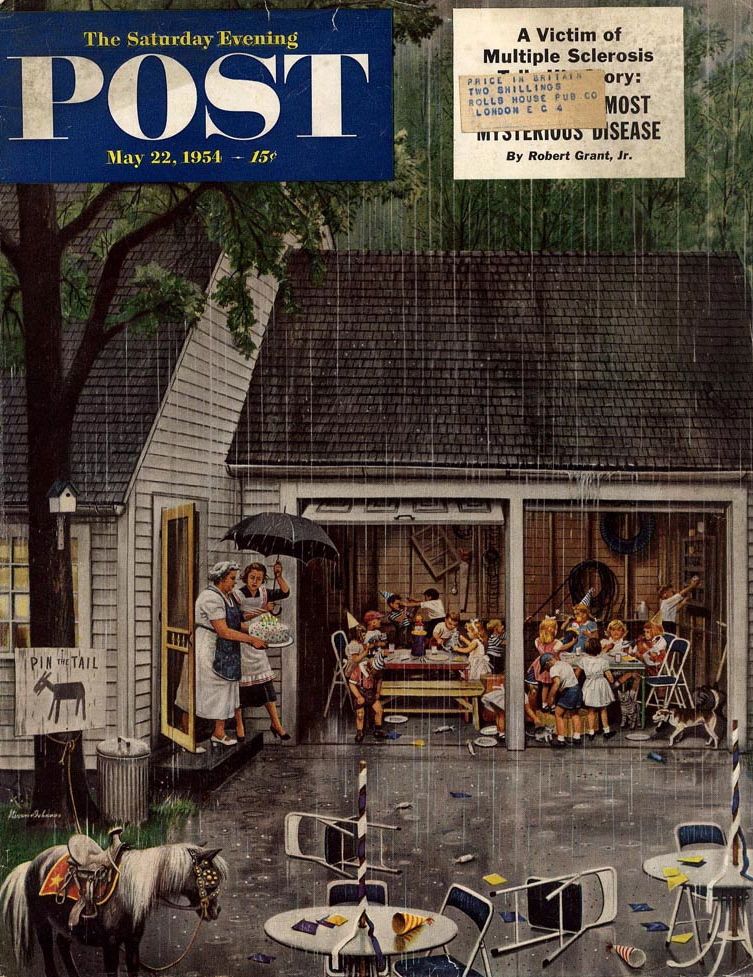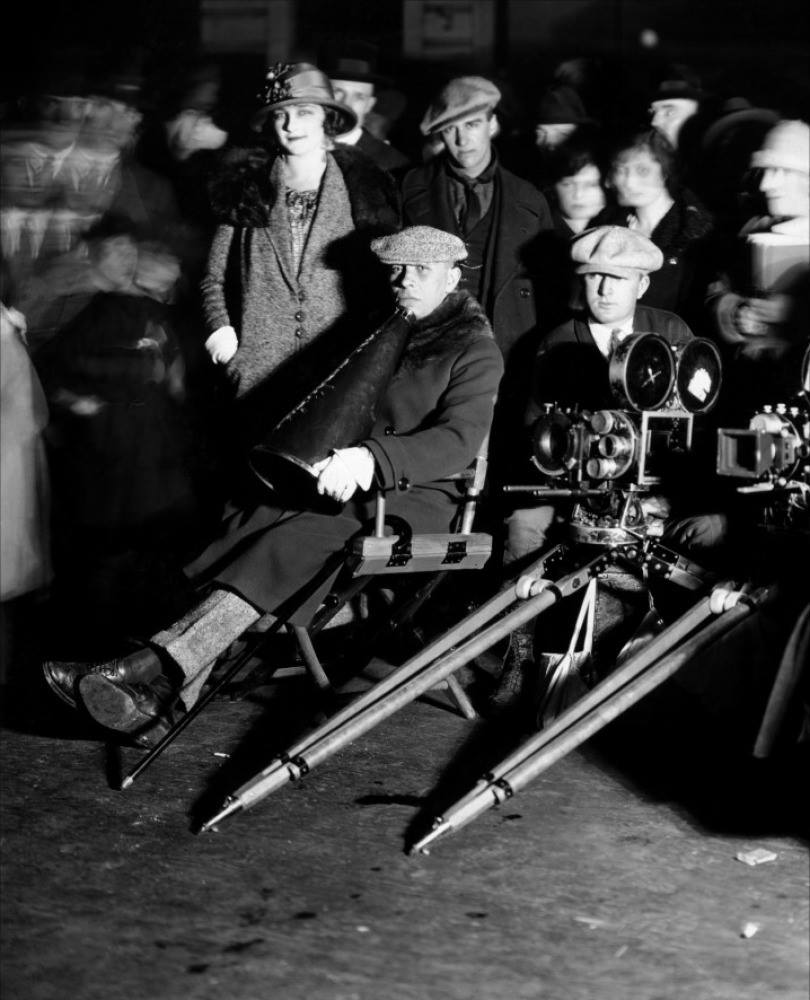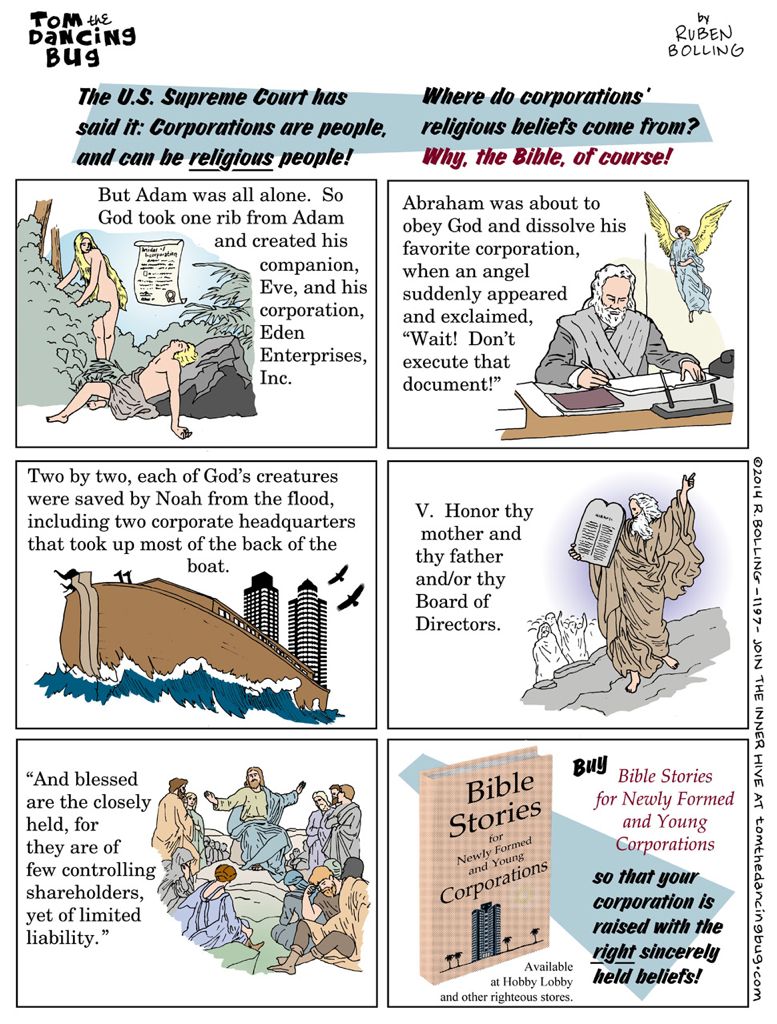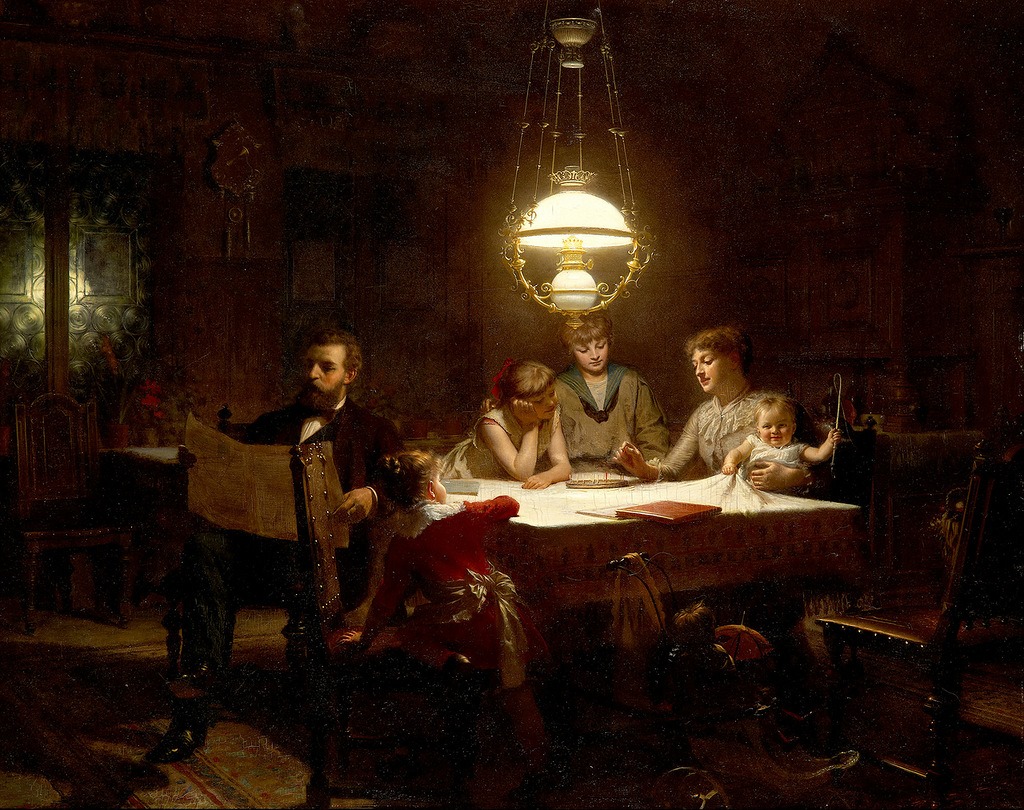Click on the image to enlarge.
Monthly Archives: July 2014
A COMIC BOOK PAGE FOR TODAY
A PLAYMATE FOR TODAY
EARLY DAYS
A SILENT WESTERN MOVIE POSTER FOR TODAY
WHAT A LITTLE MOONLIGHT CAN DO
THE PEOPLE
The people of any country are ultimately responsible for the actions of their government. Any alternative view is horrifying — suggesting that people are sheep, in thrall to whatever political faction happens to get control of their state. People do act like sheep all the time, but they cannot evade moral responsibility for this.
If the state is armed but the people are not armed, this offers an excuse for ovine behavior. This excuse is not acceptable. The people of every morally responsible state must remain armed, and prepared to resist an immoral government by force of arms.
FARMER’S DAUGHTER
Steel your hearts against hipster irony . . .
JOAN OF ARC (1948)
Victor Fleming performed a heroic feat in 1939, taking over two problematic productions at MGM and turning them into enduring classics — The Wizard Of Oz and Gone With the Wind. He won an Academy Award for directing the latter, and was at the pinnacle of his prestige and power in Hollywood.
But then his career sort of dribbled away. He started to make The Yearling but location and casting problems defeated him and he shut the film down a few weeks into production. (It would get made a few years later by Clarence Brown with a different cast but using some of the location footage Fleming had shot.)
He made an admired version of Dr. Jekyll and Mr. Hyde. He made an entertaining, loose-limbed adaptation of John Stenbeck’s Tortilla Flat, which has its admirers, too. He made the popular and generally beloved wartime weepie A Guy Named Joe, although the War Department convinced MGM to get Fleming to re-shoot his original ending, which displeased him and has displeased many perceptive critics through the years from James Agee to Pauline Kael. He made a miscalculated bomb called Adventure with Clark Gable and Greer Garson, in which the two stars never clicked as a romantic couple.
Then he fell in love with Ingrid Bergman and directed her in the ill-fated Joan Of Arc in 1948. The affair and the film seemed to break him, and he died shortly thereafter of a heart attack at the age of 59.
Before marrying Lu Rosson in 1933, Fleming had been a famed ladies man in Hollywood — women fell for him in droves. He had a reputation for treating them gallantly and respectfully. Lu settled him down and he became a devoted family man, working hard to keep his family away from the trashy glitter of Hollywood life. He may have cheated on Lu occasionally, with a brief fling here and there, but Bergman got to him in a way few women ever had.
She was a passionate though not always sensible woman with admirable artistic ambitions, and Fleming, famous as a strong-willed director, seems to have lost his own artistic bearings where she was concerned, letting her take control of her role in Joan Of Arc in a way he hadn’t let Vivien Leigh take control of Scarlett O’Hara in Gone With the Wind.
The result in the case of Joan Of Arc was a magnificent production without a coherent dramatic center. It got nominated for a lot of Academy Awards and won two, but was a commercial and critical failure. It was Fleming’s last film.
Bergman at 33 was too old to play the teenaged Joan, but she made a canny choice to present her, in the first hour of the film, as a kind of pre-teen. She has the dignity and self-possession and innocence of a girl whom the world has not yet shamed and tamed. Her mind and spirit are those of a 12 year-old.
It’s such a moving impersonation that you don’t really care how old the actor is. It left Bergman, however, with nowhere to go when Joan is confronted with the wickedness of the world. She becomes a kind of plaster saint — no longer an innocent, powerful girl but a naive, weak woman.
Fleming broke up with Bergman after the film, reconciled with Lu and resumed the active outdoor lifestyle that had always been his greatest source of joy — and then he died. It’s tempting to think that the disaster of Joan Of Arc broke his heart. It was the sort of out-of-control production that he once specialized in rescuing — instead, he became just another victim of the train wreck in progress.
It’s a painful film to watch today. Bergman is ultimately miscast in a role she essentially created for herself. It’s sometimes magnificent to look at but it lacks the dramatic momentum and emotional nuance that Fleming once had a genius for supplying. It was a sad way for such a brilliant and resourceful director to go out

